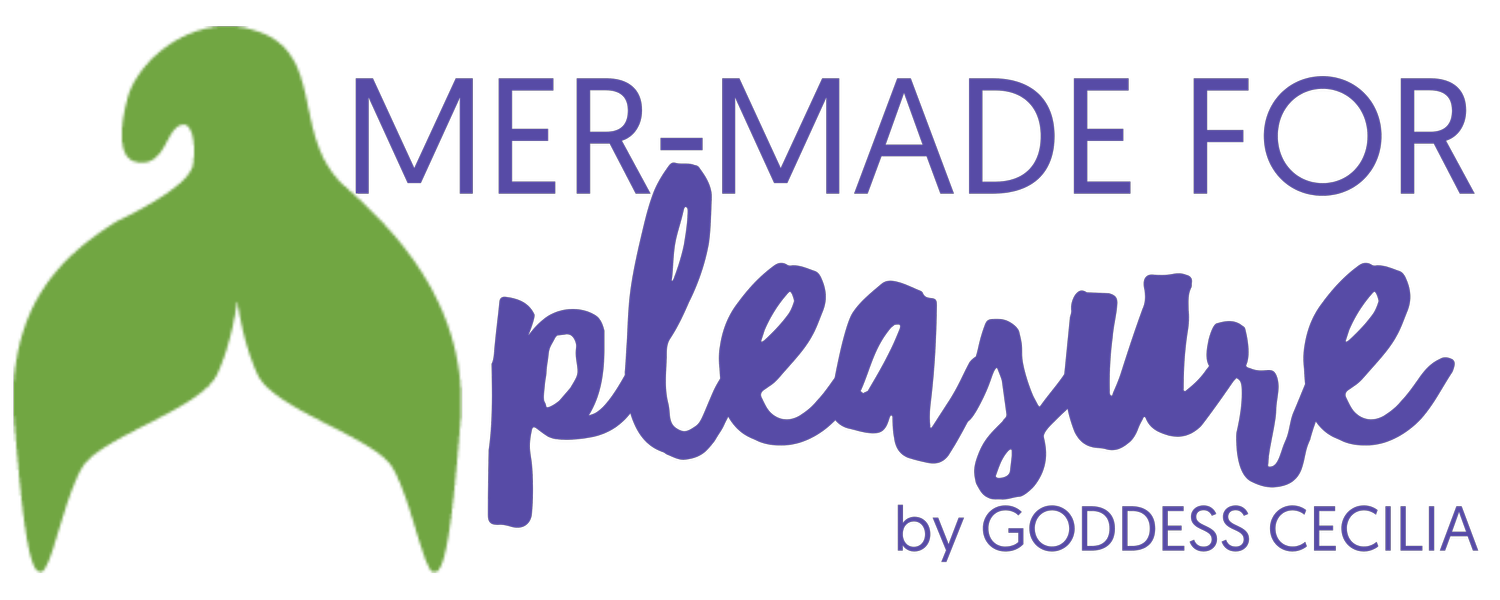Walang Hiya - Without Shame (Part 1)
When I was young, one of the Filipino phrases I often heard was, "walang hiya." It means "without shame" or "shameless." It carries a negative connotation, and often used to shame folks into changing their behavior.
It was not something I wanted to hear my parents say to me or about me. This led to me trying to make decisions that would please my parents, and I would feel so ashamed if they were disappointed. What I didn't realize was how ingrained shame became in how I related to the world.
Body Shame
I don't know if I would have ever considered myself skinny. I remember being told to watch what I ate, not to eat too much, and yet to make sure I finished all the food that was on my plate. I remember a relative once telling me to hold on to my utensils until I was done eating everything. I remember not even being a tween yet and weighing myself every couple of minutes one day, just because I was curious about how my actions affected my weight.
At one point, I believed that my age and my weight had a larger relationship with each other. So, if I were 10 years old, I should weigh 100 lbs. If I were 11, I should weigh 110 lbs. If I were 20, I should weigh 200 lbs, and so on. Clearly, that's a skewed view of the Body Mass Index.
As my weight increased as I grew older, as I started taking birth control pills, as I indulged in late night eats during college, I struggled with the weight I was unable to release. When I would go home from college and, later, grad school and visit my relatives, my grandmothers would often grab at my upper arms and declare whether or not I had lost weight.
It's been a long and difficult journey, and it has been filled with lessons along the way. I went to the gym because I felt I had to, though I learned that I enjoyed guidance and a class structure more than going to the gym just to use machines. I tried Whole30 and being "paleo-light," or so I called it. In the past two years, I've been loosely following the Fit Girl program. Through these nutritional journeys, I've learned more about my eating habits and have learned the value of having prepared meals, if only for the sheer amount of time and money saved during the week.
Every time I failed at the gym or at eating, all those negative messages and feelings of shame zoom through my brain. Yet, something didn't feel right.
In all that time of comparing my body to other bodies, I realized that the standards I was striving for weren't build for a Filipina body. The standards were built and created by white men. Nutritional guidelines don't incorporate meals, fruits, or veggies that were prominently used in my culture. My comfort foods were not the same. I truly felt that I would have to give up my culture in order to fully follow any weight loss plan.
It's taken many years for me to actually learn to listen to my body. At 35 years of age, I've come to learn how much my body can do, and about what I need to do for my health and self-care. I recognize that I enjoy movement, mainly through dance. I've even come to enjoy jogging as an opportunity for me to interact with my neighborhood and with nature. I recognize that food is an important part of how I live, and it's also a way for me to connect with people I care about.
It's certainly still a work in progress, especially as I continue to age and learn more about what my body needs. I still feel shame once in a while, especially if I'm interacting with family members. However, I have decided that if it makes me feel like I am in any way less than for my curvy body, then I will choose to walk right on out.
How will you be releasing Body Shame in 2018?
....To Be Continued Next Friday!


